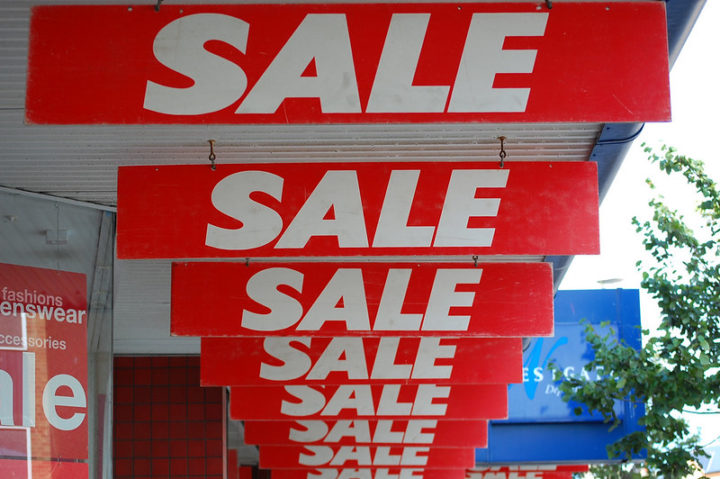
What’s not to like about saving money? Apparently that’s a much more complicated question than you might think. A newly-published research report says the wrong kind of discount, with the wrong conditions, could backfire on the one offering it.
“Consumer Reactance to Promotional Favors” appears in the latest edition of the Journal of Retailing. As compared to advertised discounts or coupons that are available to everyone, the report’s authors describe “promotional favors” as a deal with some strings attached. Maybe you’re asked to complete a questionnaire, post a review or make a referral before you can get the deal.
Some might decline the offer, and that’s okay. But even many who accept it, are apparently so subconsciously displeased about it, that they will “spend less than they would in response to a standard discount.” As a result, a marketing tactic aimed at attracting customers, could actually repel them.
Typically, a “conditional discount”, the researchers explain, “helps businesses separate those in the market who are motivated by low prices from those who are not.” But in their study, they aimed to show how promotional favors can ”aggravate consumers” and “create the motivation to spend less.”
Why? Psychology provides the answer. “Consumers expect a certain measure of freedom in their purchase decisions and, importantly, they are motivated to restore autonomy when someone or something challenges this prerogative,” the study’s authors explain. A conditional discount can “threaten one’s sense of freedom,” which can prompt one “to think or act in a contrary way” to what the seller expects.
Customers could simply say no to the offer. But many don’t want to reject it, because it would mean spending more. So they might reluctantly agree – then express their displeasure in other ways. The research found that shoppers were likely to “engage in the purchase but spend less” overall.
To test their predictions, the researchers first visited two stores in a major supermarket chain and offered coupons to nearly 300 customers as they walked through the door. Each coupon offered a 5% discount off their total purchase. Some shoppers were able to use their discount with no strings attached, while others were told to report to a booth prior to checkout to complete a survey before they could redeem the coupon.
They found that shoppers who were told they had to complete a survey in order to get their discount, bought fewer products and spent less money than those who were able to use their coupon with no extra effort. The researchers followed up by asking other sets of shoppers how they would react to similar offers. And each time, more of those who were asked to perform a task in exchange for a discount, as compared to those who were just given the discount outright, indicated they were displeased about the choice, and were less inclined to reward the seller by buying more products and spending more money.
“Consumers facing a promotional favor may conclude instead that they are being pushed into an action they would not otherwise entertain,” the researchers conclude. The seller, who might simply be seeking consumer data or customer feedback, may perceive their offer as compensating a shopper for their time and effort in completing a survey or leaving a review. But to a shopper, the choice comes down to either performing a task they might not otherwise agree to – or paying full price. To a savvy shopper, the choice is clear – do what it takes to get the deal. But that doesn’t mean they’re going to be happy about it.
So the study could end up serving as a warning to marketers – be careful about the types of deals you offer. Otherwise, the marketers themselves could be the ones paying the price.
Image source: timparkinson















